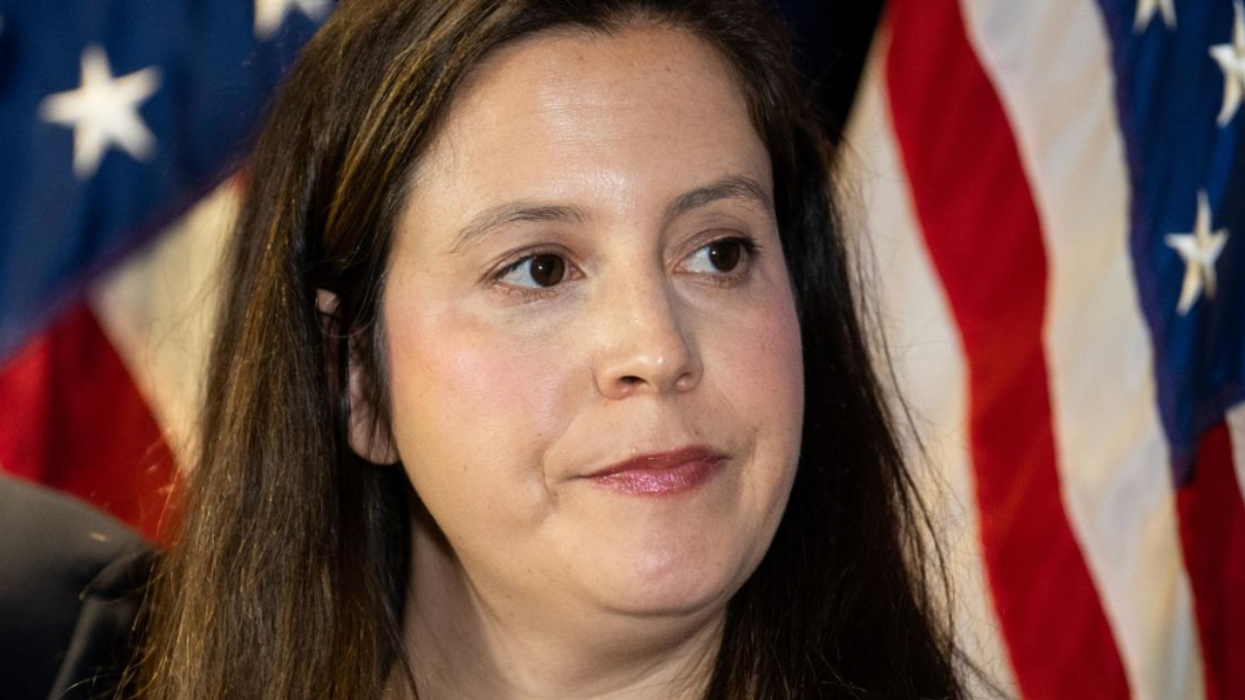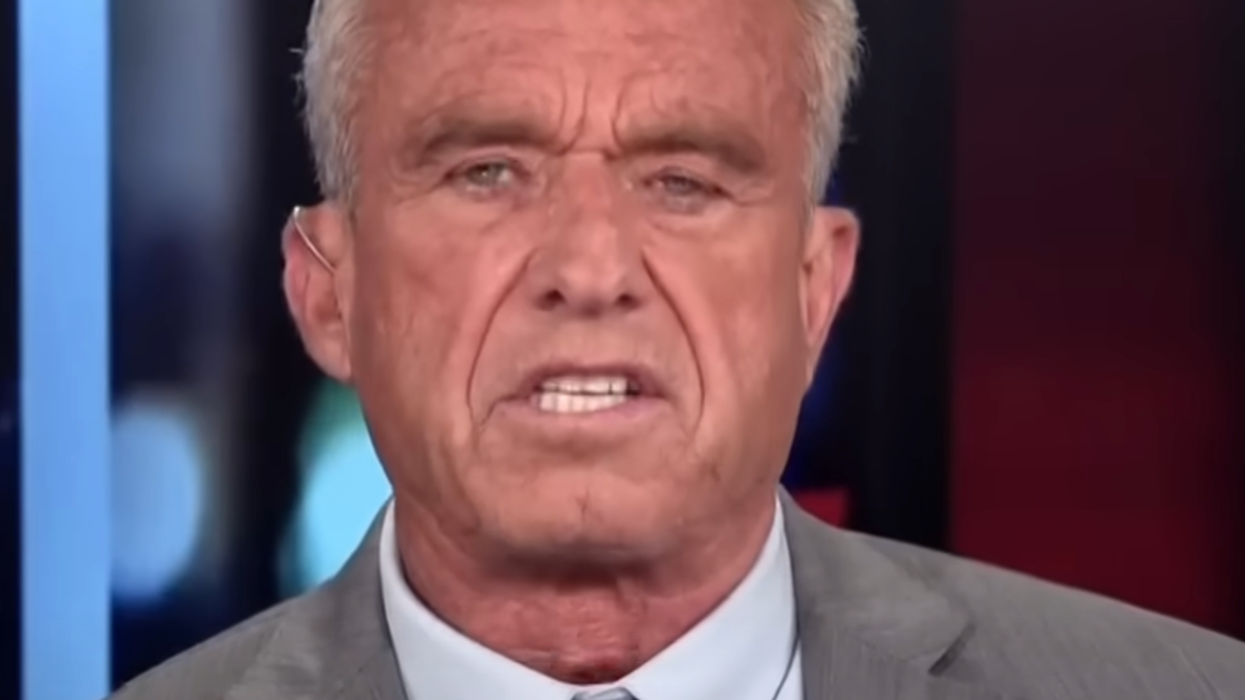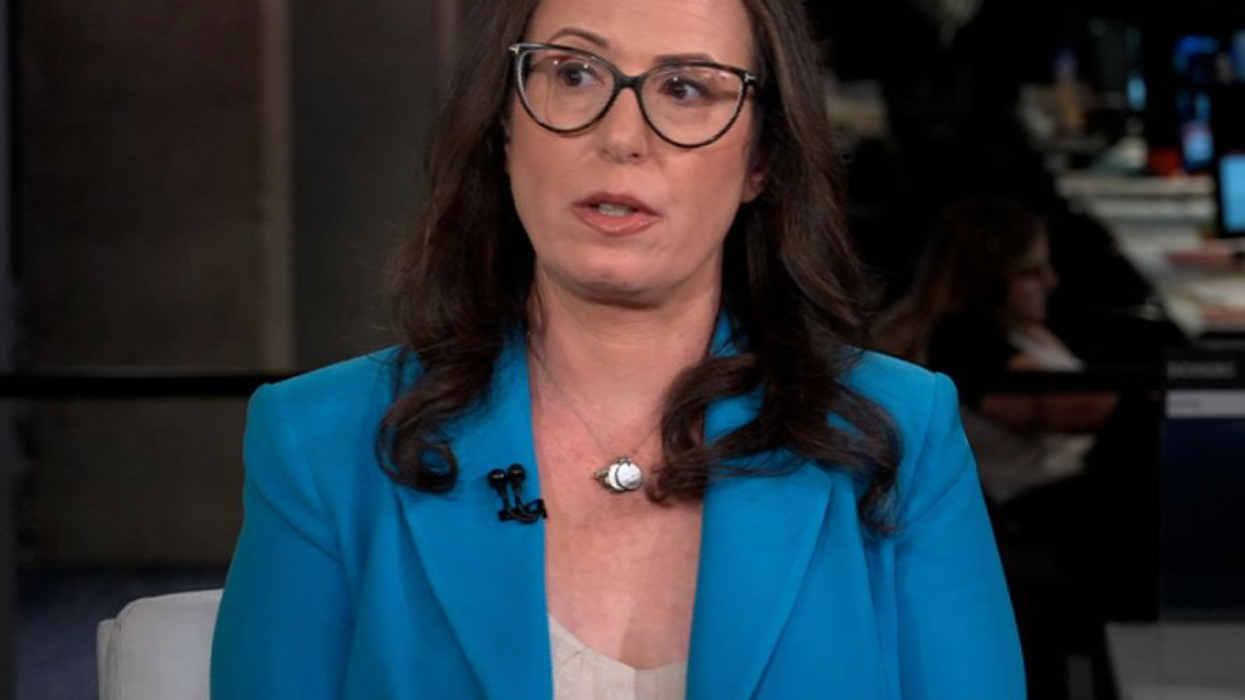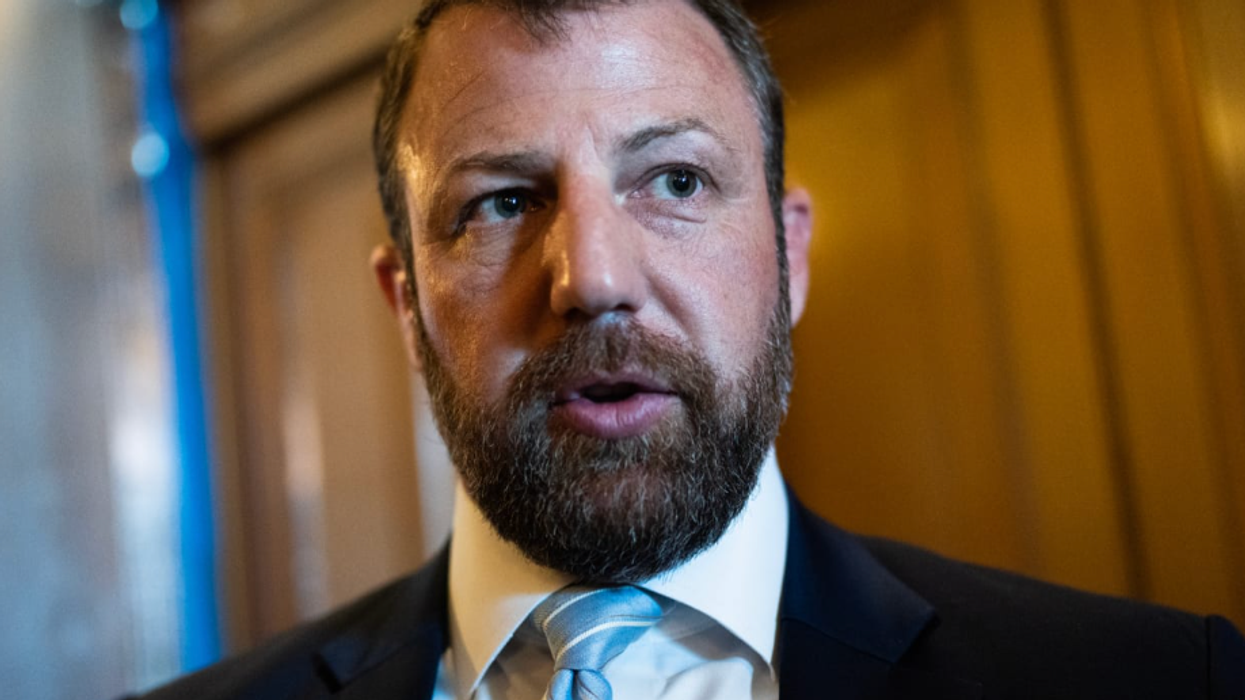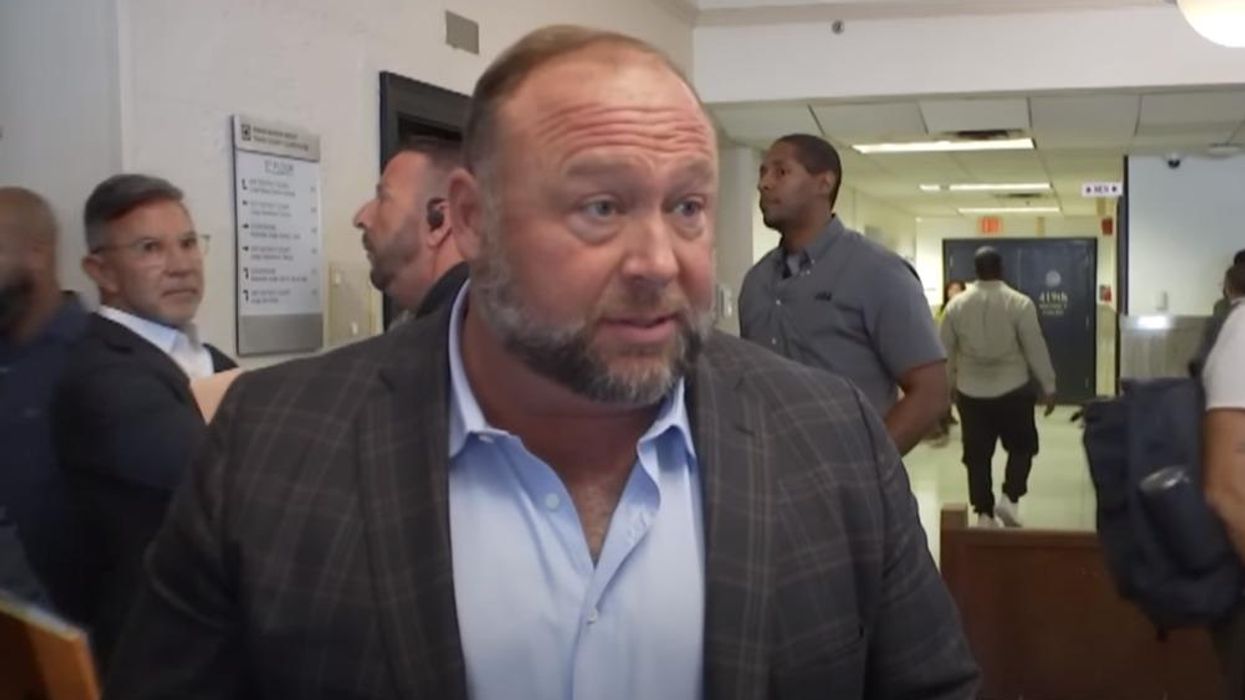'Objectively Incredible': MAGA World Splits Over Bad Bunny's Super Triumph
While President Donald Trump’s supporters usually march in lockstep with him, Bad Bunny’s excellent Super Bowl halftime show has caused some to fall out of line, with some MAGA types admitting they enjoyed the pro-immigrant performer.
When Bad Bunny was first announced as the halftime-show performer this past September, conservatives lashed out. Trump kept that momentum going on Sunday, declaring that the performance was an “affront to the greatness of America.” His unofficial adviser Laura Loomer was even more explicit, writing, “This isn’t White enough for me.”
But conservative pundit Meghan McCain had a different point of view. “I’m sorry but I just genuinely question your taste level if you didn’t enjoy the Bad Bunny halftime show,” she wrote on X.
British TV host and frequent Trump booster Piers Morgan said he “absolutely loved” the performance and ranked it among the best in Super Bowl history. And podcast host Andrew Schulz, who backed Trump but has been critical of him lately, also said the half time show was “objectively incredible.”
Even neo-Nazi Nick Fuentes wrote on X, “I liked the halftime show, I thought it was fun.”
Bad Bunny’s performance also caused a rupture between influencer brothers Logan and Jake Paul, who have both been part of the pro-Trump media world. Jake Paul told his followers to turn off Bad Bunny’s performance and called him a “fake American citizen.” Bad Bunny is from Puerto Rico, making him a native-born American.
Responding to his brother, Logan Paul wrote, “I love my brother but I don’t agree with this,” adding, “Puerto Ricans are Americans & I’m happy they were given the opportunity to showcase the talent that comes from the island.”
While many in the MAGA world broke from Trump, his longtime allies at Fox News tried to keep up the good fight.
On Monday afternoon, The Faulkner Focus aired a segment promoting the right-wing alternative halftime show offered by conservative pressure group Turning Point USA. Fox pundit Kaylee McGhee White complained that Bad Bunny sang in Spanish, and argued that the dancing was too sexual at the Super Bowl.
So Trump still has Fox on board for his crusade.
But most Americans—and clearly many MAGA types—simply enjoyed a well-executed and unifying performance oriented around American diversity. The Super Bowl “controversy” is another moment where Trump, Republicans, and many in the conservative movement find themselves far outside of the norm, preferring hate and division over unity.
Reprinted with permission from Daily Kos





 Respondents who answered "Don't know" are excluded.Chart: Andrew ManganSource:
Respondents who answered "Don't know" are excluded.Chart: Andrew ManganSource: 

